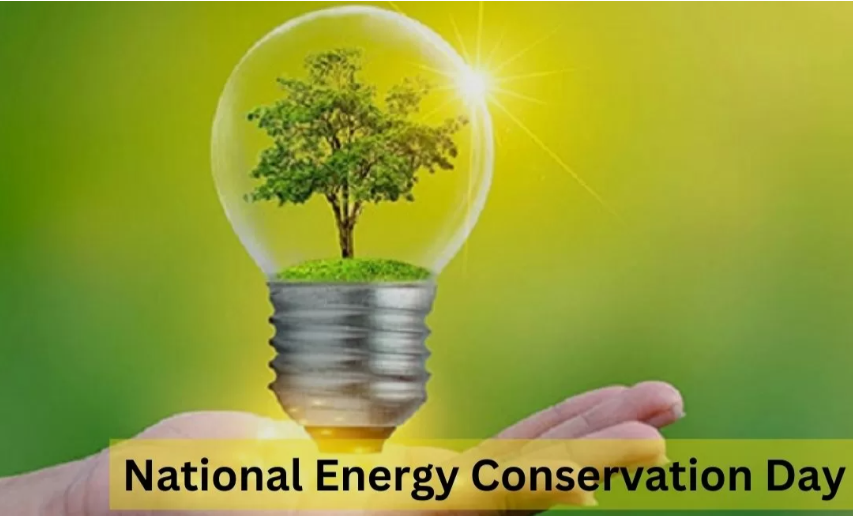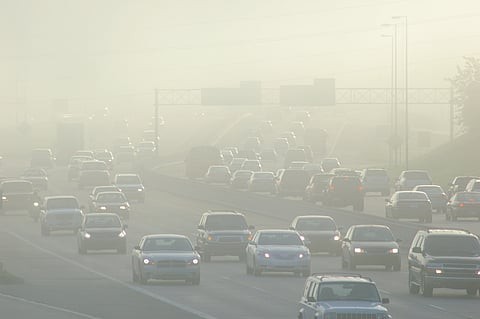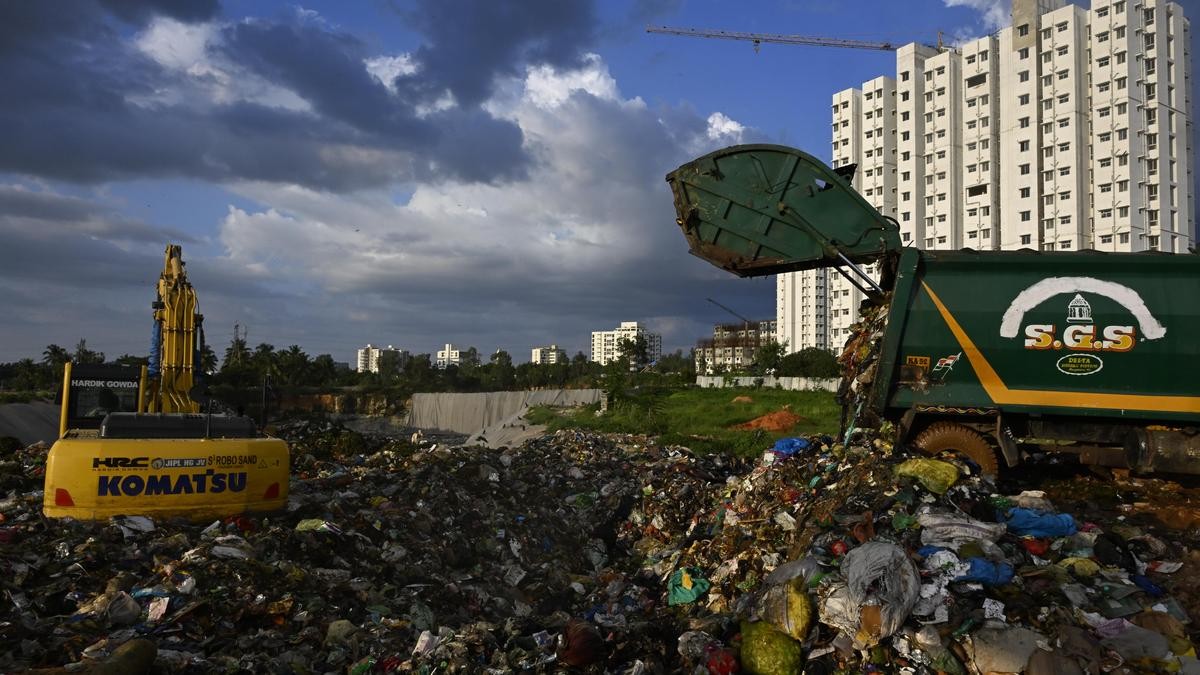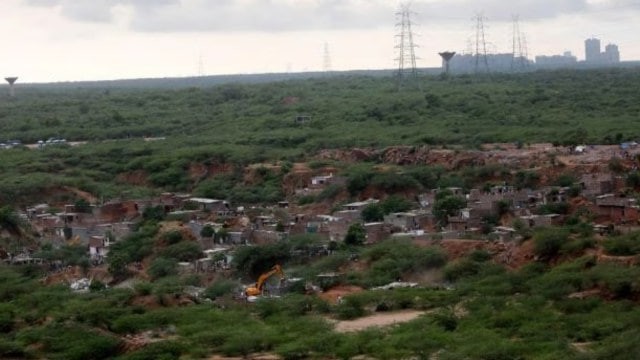



The GPAP, launched by the World Economic Forum, aims to address plastic pollution globally by promoting a circular economy. With 25 member countries, it focuses on creating national action plans, supporting sustainable waste management, and reducing plastic waste to protect ecosystems and human health.

Disclaimer: Copyright infringement not intended.
The Global Plastic Action Partnership (GPAP), an initiative launched by the World Economic Forum, has recently reached a significant milestone by expanding its network to include 25 countries.
|
Aspect |
Details |
|
Launched |
During the impact of WEF 2018 at the Sustainable Development Summit (2018). |
|
Purpose |
Acts as a platform for accelerating the circular economy and supporting the "Friends of Ocean" events. |
|
Current Members |
25 (including the Maharashtra State of India). |
|
Objectives |
Speed up the global response to the plastic pollution crisis by combining governments, companies, and civil society. |
|
Develop a circular economy with plastics to reduce emissions and protect ecosystems (soil and ocean). |
|
|
Key Activities |
Assisting countries in developing national action plans for tackling plastic pollution. |
|
Mobilizing investments in waste management to address plastic waste and promote sustainability. |
About Plastic pollution
It is a global crisis that threatens our environment, health, and future. It can alter habitats and natural processes, reduce the ability of ecosystems to adapt to climate change, and directly affect millions of people's livelihoods, food production capabilities, and social well-being.
Life cycle approach: It refers to all potential impacts associated with the production and consumption of plastics, including extraction and processing of raw materials, design and manufacture, packaging, distribution, use and reuse, maintenance and end-of-life management, including segregation, collection, sorting, recycling, and liquidation.
Single-use plastics: These include polyethylene shopping bags and polystyrene food containers, as well as PET (polyethylene terephthalate, a form of polyester). Approximately 500 billion household beverages are sold each year, most of which end up in the ocean.
Microplastics: These are small fragments of plastic that come from a variety of sources, including tires, health and beauty products, synthetic fabrics, artificial turf, lost or discarded scarecrow fisheries, and runoff from industrial manufacturing and agricultural processes.
Global plastic order is a step in the right direction but only has to exceed the solution of the problem of polluted plastics. It must also ensure the recognition and incorporation of IWR and their significant contribution to the management of waste and the sustainability of the environment. This will help not only in converting a contract into global plastics but also in creating a sustainable future.
READ ABOUT
Source:
|
PRACTICE QUESTION Q. Plastic waste management has emerged as a critical environmental issue globally. Discuss the challenges India faces in managing plastic waste and the steps being taken to address the issue. Suggest comprehensive strategies to reduce plastic waste and promote sustainability in the country. (150 words) |







© 2025 iasgyan. All right reserved